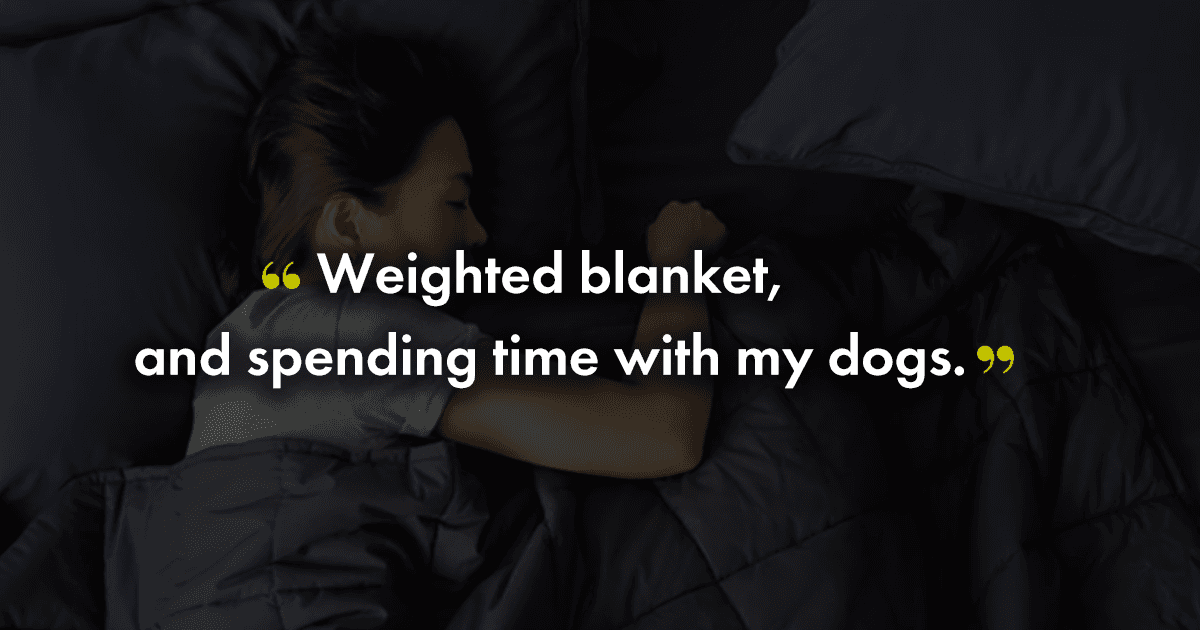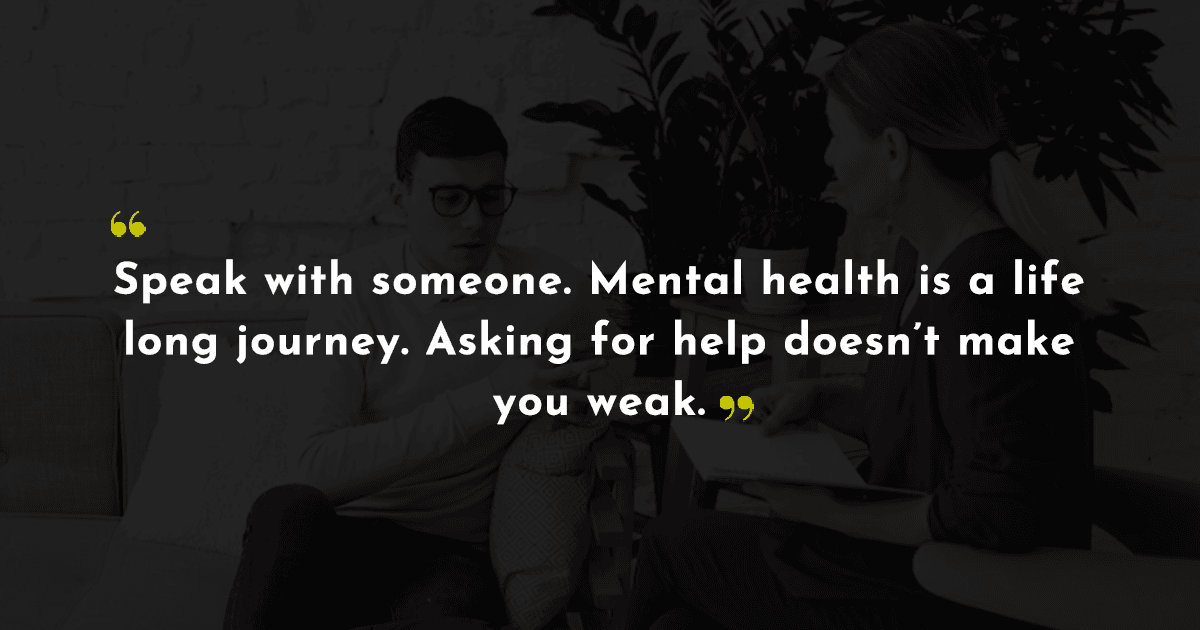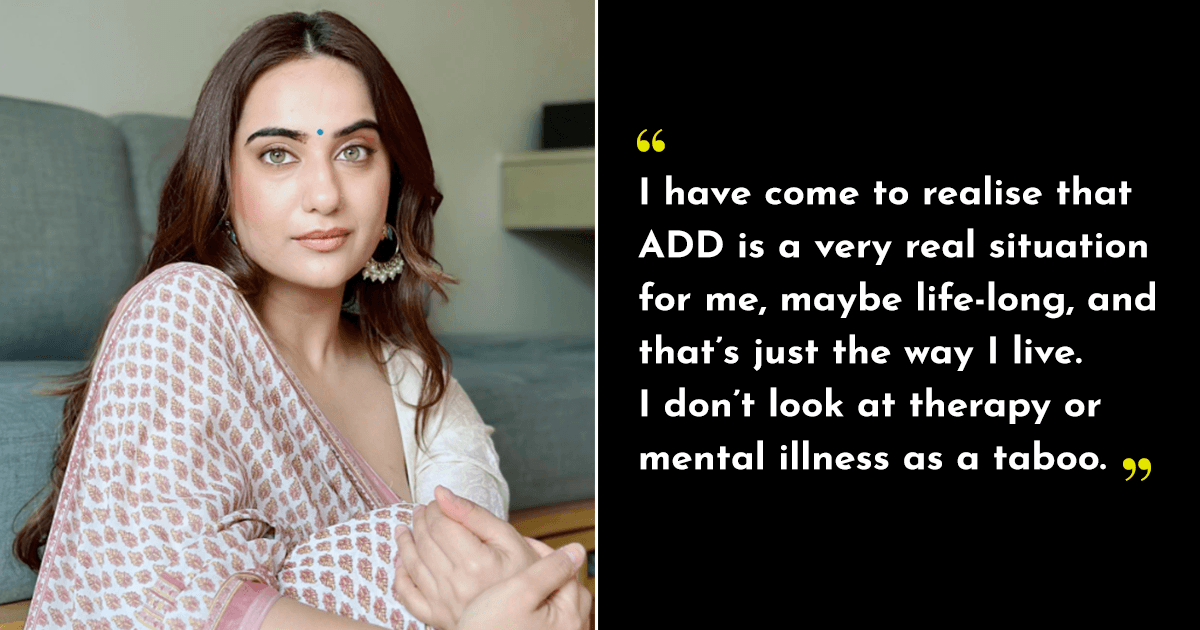No one teaches our parents about good parenting. It’s all trial and error in the journey, and so is the reason for toxic parenting in our homes. Like us, even they have grown up in a certain atmosphere and have absorbed many problematic things that we need to retire.
Case in point: This leads to a lot of complications, including the impact on the kids’ mental health. We decided to compile a list of tips for parents to protect their child’s mental health, and there’s a lot to concentrate on.
1. “As just a general recommendation, google social-emotional learning. Young children learning how to regulate their own emotions, how to problem solve, how to communicate with others, is huge, especially in a modern-day society where everything goes so stressfully fast. Schools are beginning to implement social-emotional programs into their curriculum as well.”
2. “The support of the parents makes children stronger and more resilient in life, which is obviously beneficial to their mental health. This support comes from many things like love, understanding, trust, and communication. All this builds a child’s self-confidence, which is the cornerstone of mental health.”
3. “Communicate with them. Support them Provide them consistency and boundaries. Provide them counselling by a registered psychologist if they begin showing behavioural or emotional problems.”
4. “To normalize mental health treatment. When I was a teenager and depressed I was so afraid to tell my mom because I felt “crazy” and “didn’t want to rely on pills”. So now that I have my son I just make my treatment (and now his) a completely normal part of life. He asked why I’m taking a pill (my antidepressant) and I told him that mommy’s brain is sick sometimes and this helps.”
5. “Educate your children in an age-appropriate way about mental illness. Let them know that it is reasonably common, it doesn’t make you scared, and most of them can be treated.”
6. “Don’t speak negatively about mental illness in the home. Avoid using pejorative terms such as ‘crazy’ to describe others. Similarly, avoid downplaying mental illness.”
7. “When they feel sad, offer them comfort, when they feel angry guide them to understand it and release it if they are scared to be there to help them, and when they feel happy enjoy it with them.”
8. “The first thing adults need to do is actually listen to our children and take them seriously when they tell or show us that they’re struggling. I see parents minimizing their kids’ experiences every day, and it can only lead to them hiding their problems. There are few things worse for mental health on a daily basis than feeling like you won’t be believed.”
9. “Always validate and try to understand their feelings and let them know they are an individual. Always make them feel loved, never anything less.”
10. “Trust and communication are very important. Your kids should feel comfortable coming to you about their problems and questions. Lack of faith in one’s parents causes a lifetime of sadness that can’t always be repaired.”
Read more: Dear Parents, Here Are 15 Things We Wish We Could Change About You.

















